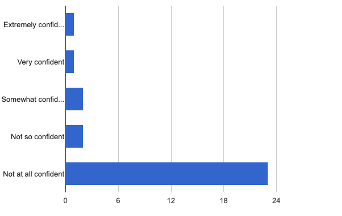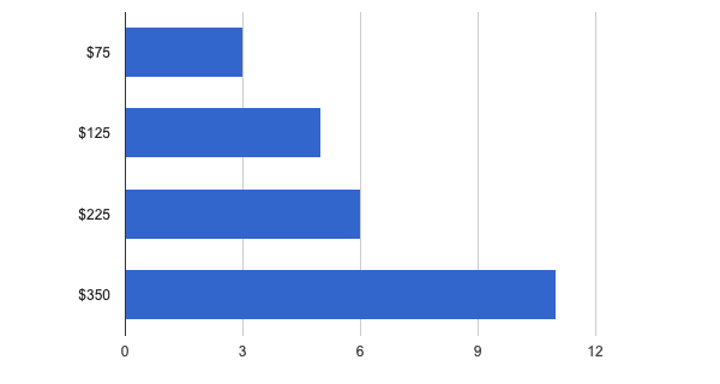BACKGROUND: Posthumous sperm retrieval is an uncommon but high impact issue that arises regularly in urology. Initial consultation for posthumous sperm retrieval commonly comes from the intensive care unit during end-of-life decision making. ICU providers knowledge of this difficult topic has not been evaluated to date. The purpose of this study was to evaluate Intensive Care Unit (ICU) providers at our institution to gauge their knowledge of and comfort with counseling regarding posthumous sperm retrieval (PSR).
METHODS: ICU providers were surveyed using a 19-question form that was distributed using the RedCap software. The survey was distributed to attending physicians, residents, and advanced practice providers who worked in one of the ICUs at our institution.
RESULTS: Thirty practitioners responded to the survey, 20 (66.7%) of which were attending physicians. 96.7% of the respondents were unsure if our institution had a policy regarding posthumous sperm extraction and the remaining respondent erroneously believed that one existed. The majority of respondents were not sure that sperm cryopreservation was possible at our institution (69%), were not familiar with the process of posthumous sperm retrieval (96.7%) and were not confident that they could discuss technical considerations (93.4%), financial considerations (93.4%) or ethical considerations (86.2%) related to sperm retrieval. In terms of knowledge base, 87% of respondents believed that retrieved sperm could be used for intrauterine insemination.
CONCLUSIONS: A survey revealed that the majority of responding providers in the intensive care units at our institution are unfamiliar with the process of posthumous sperm cryopreservation and uncomfortable with counseling regarding the process, costs or ethical considerations. As a majority of these requests arise while families are interacting with the ICU team, better dissemination of knowledge regarding ethical, legal and medical issues related to PSE could be implemented. We also believe the creation of an institutional policy can help ensure that patients receive accurate and timely information and counseling.

Figure 1: ICU Provider confidence level discussing the ethical considerations of PSE

Figure 2: ICU Provider response to the estimated annual cost of sperm banking